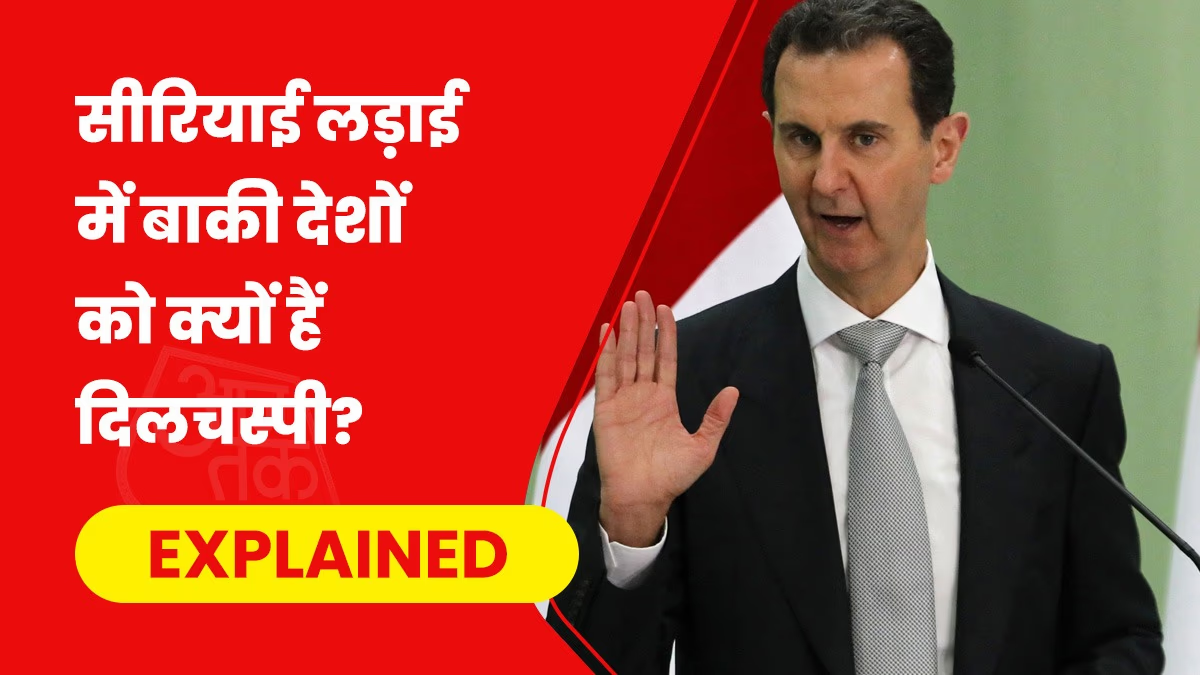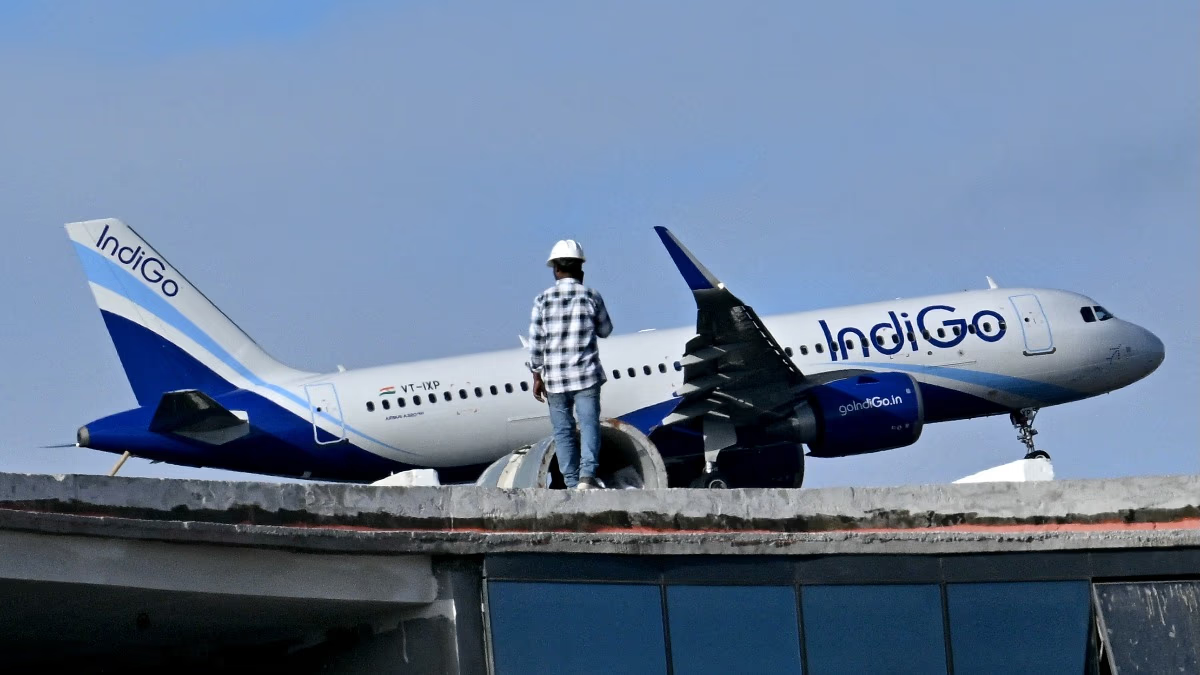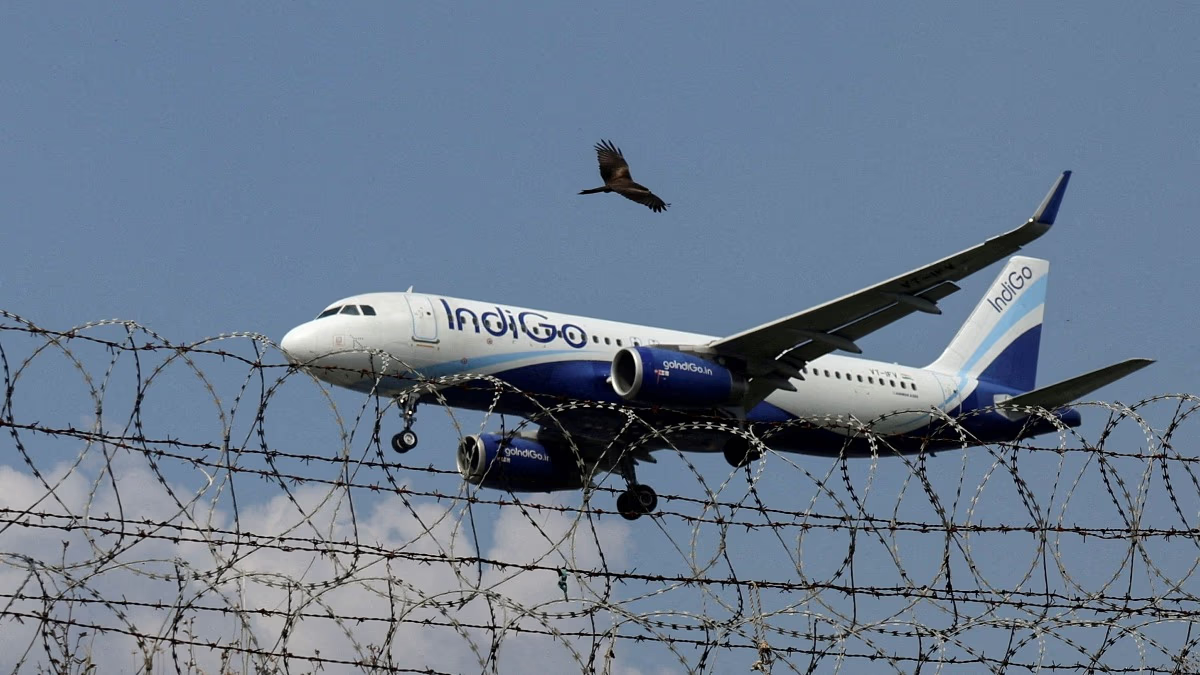While Russia battles in Ukraine, it has additional engagements. Recently, it launched an airstrike on the Syrian rebel group Hay'at Tahrir al-Sham. Moscow states its intent is to aid the Syrian army and its ally, Bashar al-Assad. Numerous countries, including Turkey, are involved in this struggle. Is it merely for Syria's friendship, or is there more at play?
Understanding the History
The Syrian civil war began in 2011, a conflict between rebel groups and the Assad government. These rebels claimed to fight against inflation and corruption, sparking street protests known as the Arab Spring. Militants soon joined, backed by terrorist groups like Al-Qaeda supporting Hay'at Tahrir al-Sham. This wasn't just a battle between government and people; it became a complex tangle. Iran and Russia supported Assad, while Turkey, UAE, Saudi Arabia, and even the US backed the rebels.
Who Entered the Arena and Why?
- Russia topped government allies by supporting President Assad. - Iran, a local ally to Assad, brought Hezbollah into the fight. - Turkey backed militants, strategizing to oust the government from northern Syria. - Saudi Arabia and Qatar armed rebels to unseat Assad. - The United States intervened under the guise of combating ISIS. - Israel also partook, aiming to reduce Hezbollah and Iran's influence.
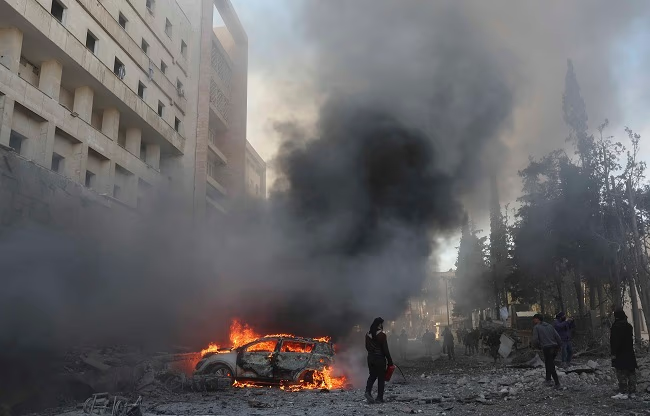
Source: aajtak
The Benefits and Losses for Each Nation
Nations like Russia, Iran, Turkey, and the US each had their motivations, placing Syria as a testing ground for global powers. Though fighting diminished over the years, militants continue to operate with foreign backing. Turkey, for instance, supports rebels, hoping to extend its political influence while curbing Iran and other nations. Furthermore, during the conflict, millions of Syrians sought refuge in Turkey, which now aims to return them home, contingent on establishing safe zones in Syria.
The Recent Developments
Though the war that started fifteen years ago in Syria slowed, tensions simmered beneath the surface. Recently, Hay'at Tahrir al-Sham attacked Aleppo, a city historically entangled in the Syrian conflict. In 2016, with Russian aid, Assad's government reclaimed control, yet insurgency flickers anew. Now, thousands of militants have emerged, seizing government resources and taking control, including Aleppo's airport. Further, the city of Idlib has also been overtaken by rebels.
Russia as a Crucial Ally
In response to the insurgency, Russia has conducted air strikes targeting militant hideouts and weapon stockpiles. Russia has thousands of soldiers stationed in Syria and frequently offers humanitarian aid, such as delivering 5,500 tons of food supplies in 2022, according to the Russian Foreign Ministry.
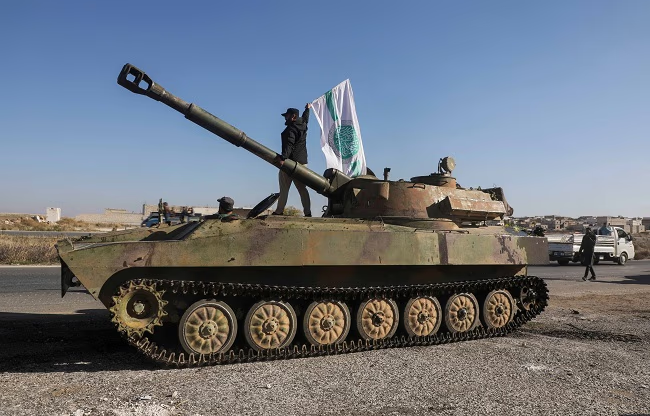
Source: aajtak
What Does Moscow Gain?
According to the Carnegie Endowment, Russia's presence in Syria represents strategic stronghold. The relationship, dating back to the Cold War, allows Russia to maintain a foothold in the Middle East, challenging the US dominance. Furthermore, Russia's alliances include strategic bases in Tartus and Hmeimim, sustaining its sway over the Mediterranean Sea.
Turkey's Distinct Interests
Turkey has intertwined itself within Syria's internal tension, supporting rebels against the government. There's a blend of religious and political motives. Turkey, being a Sunni-majority nation, aids militants to ascend Sunni influence over the Alawite Shia Assad government. Additionally, rising threats from Kurdish militants and People's Protection Units with separatist aims worry Turkey, linking Syria's contention to its internal peace.
Any Plans for Peace?
Indeed, in 2015, the United Nations Security Council adopted a resolution aimed at de-escalating tensions, proposing a new constitution and elections under UN supervision—though, unfortunately, these have not come to fruition.
